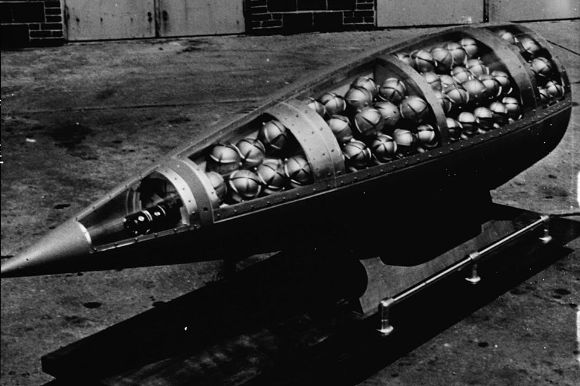The Revitalized Transitional National Legislative Assembly (RTNLA) on Monday ratified the United Nations Convention on Cluster Munitions (CCM) 2008, after being presented by the standing parliamentary committees on defense, legislation, and justice.
The Convention on Cluster Munitions is an international treaty adopted by the UN on 30 May 2008 that prohibits all use, transfer, production, and stockpiling of cluster bombs that randomly scatter submunitions or bomblets over a wide area.
Signatories to the convention are obliged to assist victims of cluster munitions such as medical care, rehabilitation, and psychological support, as well as provisions for social and economic inclusion.
According to John Agany, the spokesperson of the national parliament, South Sudan has become the first country in the region to ratify the convention.
“There are benefits of signing this treaty,” he said. “One is that we will be a member of the international community that prohibits the use of harmful munitions which is of course a benefit and we can be forced to implement it.”
Agany said the ratification of the CCM was also informed by the belief that the country needs peace more than such munitions.
The lawmaker however said some parliamentarians raised a concern saying the country should have delayed the ratification of the convention to give time to study its contents.
“Some of us were saying it is better to delay the ratification because we needed to study it better before later on committing ourselves after we have known the consequences,” Agany added.
The Convention was adopted in Dublin by 107 States on 30 May 2008 and signed in Oslo on 3 December the same year. The Convention became binding international law when it entered into force on 1 August 2010.
To date, a total of 123 States have joined the Convention -111 States Parties and 12 Signatories.




